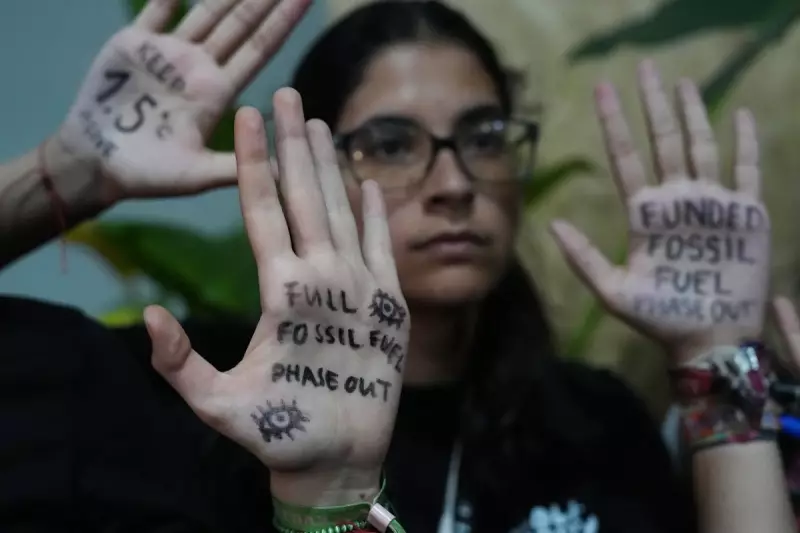
UN Climate Summit Stumbles Towards a Disappointing Conclusion
The United Nations COP30 climate conference in Belem, Brazil, spilled into overtime on Saturday the 22nd of November 2025, edging towards a final agreement that has left many nations and climate advocates deeply dissatisfied. The anticipated outcome appears set to disappoint those calling for robust, legally binding action to phase out the coal, oil, and gas responsible for global heating.
Key Sticking Points and a Separate Proposal
According to several observers who spoke with The Associated Press, the general framework of a deal is in place, though several contentious issues remain unresolved. The conference leadership aimed for a late morning meeting to seek approval from all nations, a stage where some countries could still scuttle the agreement if they deem it too feeble.
Jasper Inventor, a former Philippines negotiator now with Greenpeace International, confirmed that an informal deal exists, but labelled it "a weak outcome." In a significant setback for climate action, a proposed road map for transitioning away from fossil fuels – a measure championed by more than 80 countries and Brazil's own President, Luiz Inácio Lula da Silva – will not be included in the main agreement.
Instead, COP30 President André Corrêa do Lago indicated that a fossil fuel transition plan would be issued later in a separate proposal from his team. This standalone document, however, will not carry the same legal and political weight as a consensus agreement ratified by all nations at the UN conference.
Financial Aid and Contentious Negotiations
Negotiators, who worked through the night after blowing past Friday's deadline, grappled with several critical issues. These included the distribution of a previously agreed $300 billion per year in financial aid for vulnerable nations hit hardest by climate impacts, persuading countries to toughen their national emissions reduction plans, and addressing climate-related trade barriers.
Observers noted that a version of a request from poorer nations – to triple financial aid for adapting to extreme weather and other climate harms – appears to be within the final deal. The United Nations and host country Brazil have also promoted dozens of "action plans" intended to build upon past agreements.
Any final deal still requires consensus approval from the nearly 200 nations present, though the process was complicated as some delegates had to leave when their cruise ship accommodations set sail on Saturday morning.
Earlier in the week, a proposal from do Lago was heavily criticised by the European Union, small island nations, and Latin American countries for being too weak on fossil fuels. This was countered by pushback from nations including Saudi Arabia against the call to transition away from fossil fuels. The European Union, given its size and wealth, is one of the loudest proponents for a stronger plan and is harder to overlook in the final rush to secure a deal.
Alden Meyer, a veteran analyst for the European think-tank E3G, suggested that the final document would likely contain language referring back to previous agreements to maintain momentum, rather than an explicit road map away from fossil fuels.
For critics, this is insufficient. Greenpeace’s Jasper Inventor concluded, "We need to reflect on what was possible and what now appears to be missing: the road maps to end forest destruction and fossil fuels and an ongoing lack of finance. We rise up, though, and continue the fight."





